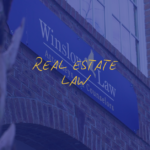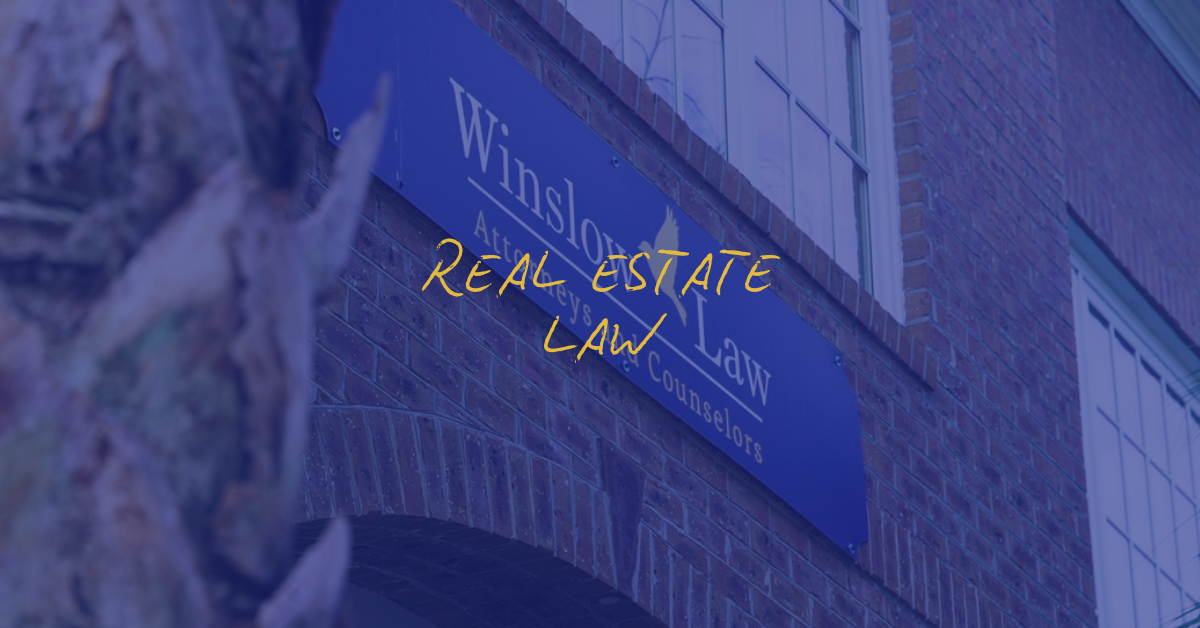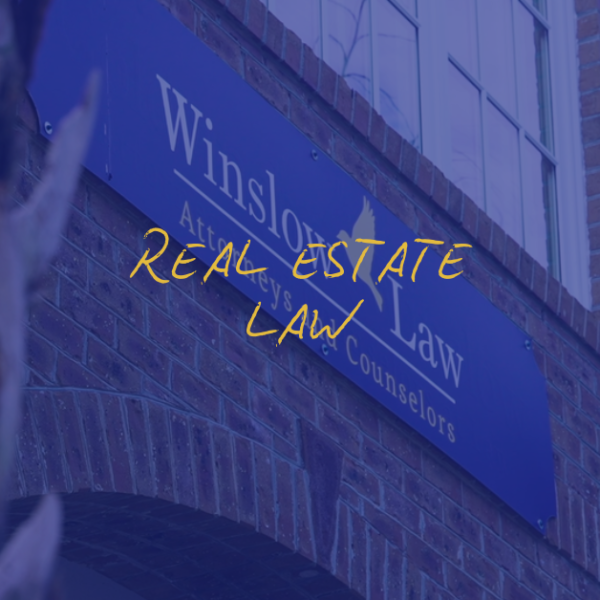
Understanding the Real Estate Closing Process in South Carolina
January 12, 2025
The Role of a Real Estate Attorney in South Carolina Closings
January 12, 2025Common Real Estate Disputes and How to Resolve Them in South Carolina

Real estate disputes can arise for various reasons, such as property line disagreements, contract breaches, or undisclosed defects. Resolving these issues requires knowledge of state law and effective negotiation.
Effective Solutions to Real Estate Disputes
- Mediation: A neutral mediator helps parties reach a mutual agreement.
- Litigation: If necessary, disputes are resolved through court proceedings.
- Contract Review: Preventative measures include ensuring contracts are clear and enforceable.
FAQs: Real Estate Disputes
Q: What is the most common real estate dispute?
A: Boundary disagreements and undisclosed defects are among the most frequent issues.
Q: How long do dispute resolutions take?
A: Timelines vary; mediation may resolve issues quickly, while litigation could take months.
Q: Can I resolve a dispute without an attorney?
A: While possible, legal counsel ensures proper representation and protects your interests.
For trusted advice on real estate closings, legal disputes, and more, turn to Winslow Law. Our dedicated team is committed to safeguarding your interests at every stage.


